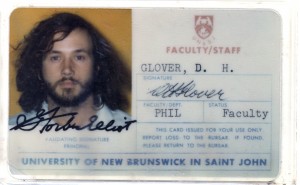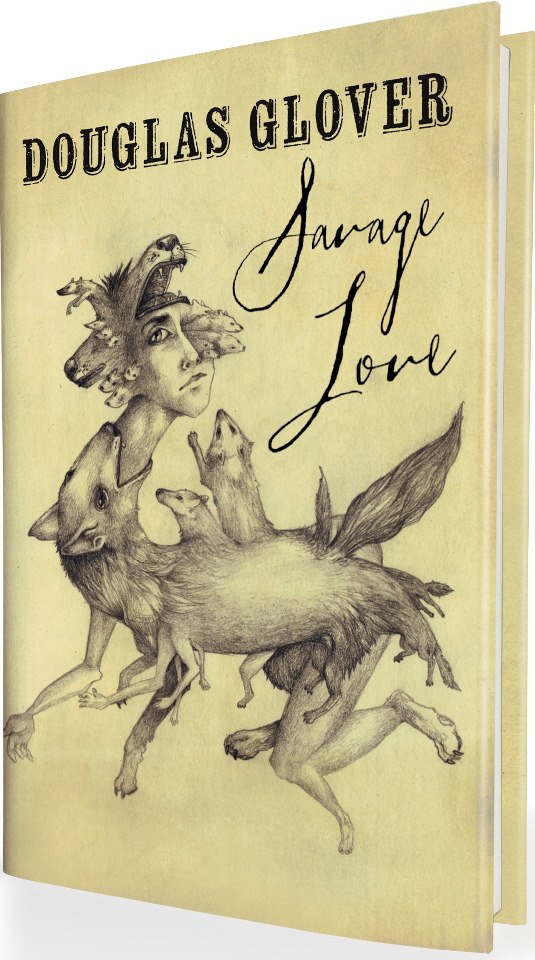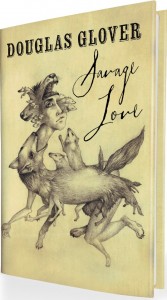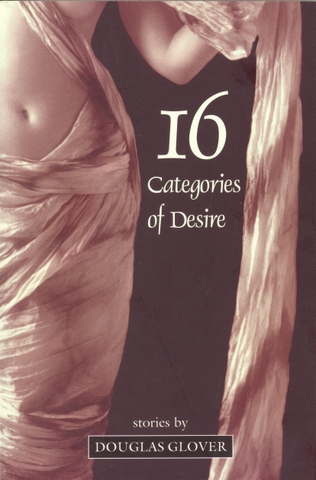Hmmmmmm. My kind of event. I hope I get past the beer tasting to my reading. It’ll be touch and go. It could be a wild reading. I’ll have to get someone to point me toward the audience (but who knows what condition the audience will be in?). So far I have not yet been asked to sit in with the String Quartet, but I expect an invitation at any moment. I don’t know what Beethoven is going to do, read from his new book? I hear he brings his own stein to these events and gets morose and quiet near the end and needs a cab ride home.
Actually, it will be fun to return to Saint John, scene of many youthful hijinks (I taught philosophy at the university campus there when I was 22 and then worked at the city daily, the Evening Times-Globe).
I used to haunt the great old Andrew Carnegie public library when I lived in Saint John, not the same building as I am going to read in unfortunately. But there is a ultra-brief sex scene snippet in my story “The Obituary Writer” that takes place in the stacks. You might want to look it up; it’s in my book A Guide to Animal Behaviour. Perfectly tasteful and not auto-biographical, I might add, as are all the scenes in my books. All I did at the library was read. That story, “The Obituary Writer,” is set in Saint John; the city becomes a character in the story in a sense. And also, of course, the name Numéro Cinq comes from that story.
dg
§
Saint John Free Public Library, 1 Market Square, Saturday November 30
7:00 pm. An after-hours event. Words and music in celebration of the Library’s 130th anniversary. The Saint John String Quartet will be playing, Governor General Award winning author Douglas Glover (and Writer-in-Residence at the University of New Brunswick) is booked to do a reading from his new story collection Savage Love, and Big Tide is set to cater and supply a specially crafted beer. Tickets: $10 and include one drink and snacks. There will also be a silent auction. Tickets are available at Central, West, and East Branches of the SJFPL.
























